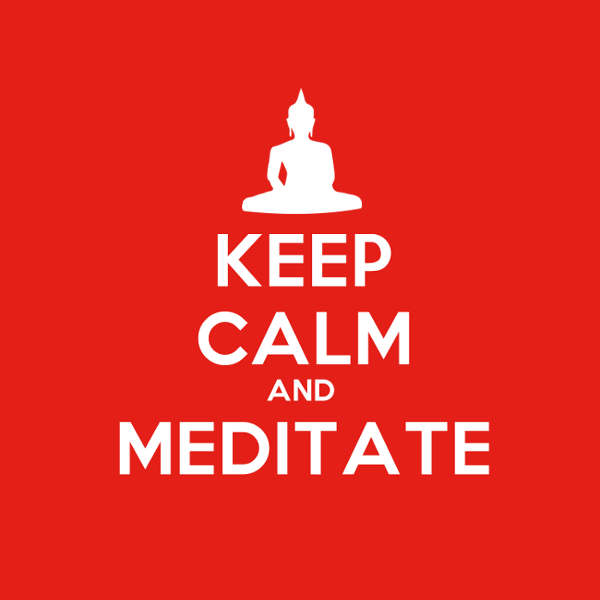It’s funny how expectations made me miss what I was looking for.
When I took a beginners meditation course, twenty years ago at Tushita, I’m sure they told me that meditation is a very ordinary experience. I was 22. The last thing I wanted was ordinary.
India was literally on the side of the planet. I had no interest in religion, spirituality or any of that hippie-dippie find-yourself nonsense. I wanted different. I wanted new. India couldn’t be any further away from what I knew. In fact, going any further east got me closer to home.
Taking the course was almost a whim. My classmates convinced me to do it. We were already in Dharmsala, so why not take the course while we were there?
***
I think of Tushita as I get up from the meditation cushion. I’ve been running for a long time.
Since then I’ve tried to keep meditating and always found it difficult to sustain a long term practice. I was looking to escape what I felt; to get far away from my own pervasive sense of anxiety.
Of course, it worked for a little while. Then I was confronted with the truth: I wasn’t happy. That’s when I’d stop.
But I always came back — like returning to the breath when the mind wanders. Sometimes I remembered the initial experience of tranquility. It was like finding an anchor for my life — a resting place, so to speak. Other times I’d read the latest fad article about how meditation relieves stress and anxiety. With some degree of smugness I’d think “Hey, I know how to do that.”
So I’d meditate again. It didn’t take long for feelings of insecurity to well up and I’d stop.
That wasn’t what I wanted.
That was the other thing I didn’t get at the retreat. In meditation, there’s no escaping your feelings. When I stopped working, running, thinking, pursuing; I stopped doing and let everything just be, there it was, like a shadow.
I wasn’t happy.
In those moments when I moored my life to the shores of meditation, even when faced with my own unhappiness, it was still oddly comforting.
Lately, as my practice has become somewhat more stable, it has become a space free from obligations—a space where I don’t need to react to every thought and feeling that comes my way. I don’t necessarily feel any better; I’m just relieved that for 20 minutes I’m under no obligation to react to anything good or bad, or even judge it as such.
***
Stopping my meditation practice isn’t lack of discipline; it’s more like an extension of the wandering mind. When I finally caught myself frantically grasping at everything I’d come back to meditate. Sometimes I’d catch myself, sometimes it was something I had read. But invariably, the thoughts and emotions when I stopped meditating were reminders that I was not happy.
What do you do with such a grim feeling? It’s taken years, and a couple of helpful therapists, to figure out. Years to come to terms with my childhood experience of sexual abuse. Years to understand that every action and decision I’ve made has been influenced by that experience. Years to understand that it isn’t something I will simply overcome and leave behind. It’s more like flotsam and jetsam that moves with the waves and tides of the ocean. I can’t do anything about it.
Someday it might wither and become one with the sea.
Learning to sit with the most difficult feelings—to keep calm and meditate—has allowed me to explore them and consciously work with them in a healing way. It’s allowed me to become the man I needed to be: the father who can hold a hurting, frightened child and say to him “I love you just the way you are” — because that is how I need to love myself.
The emotions that come up during meditation are exactly what I need to face to move forward. I’ve learned to sit with them, hold them, study their contours and coddle them within myself. Sometimes I just have to let them sit.
No, meditation isn’t about escaping.
It’s about being as real as you can get.
Relephant:
7 Tips for Beginning a Meditation Practice.
Author: Richard May
Editor: Renee P
Image: via the author


 Share on bsky
Share on bsky





Read 0 comments and reply